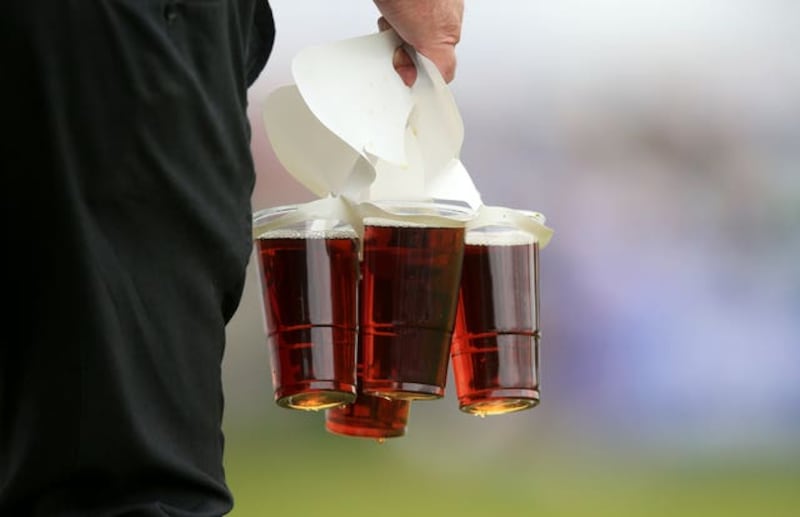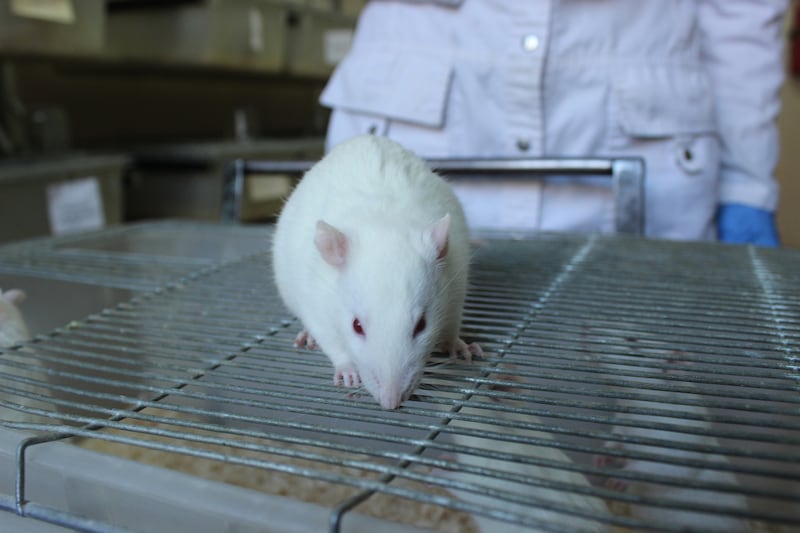Drinking alcohol can make a person more vulnerable to cocaine addiction by promoting a breakdown of two key proteins in the brain, a study has found.
Research on rats showed alcohol bolsters the degradation of two proteins – histone deacetylases 4 and 5 – in the nucleus accumbens, a region in the brain that mediates reward behaviour.
Previous studies have shown cocaine use is preceded by alcohol and nicotine use in people, and scientists at Columbia University Medical Centre say they wanted to understand the biological mechanisms behind how gateway drugs – substances which supposedly lead users on to more addictive or dangerous drugs – contribute to cocaine addiction.
Dr Denise Kandel, professor of sociomedical sciences at Columbia University, said: “The gateway drug hypothesis is based on the observation that when kids get involved in drugs, they follow certain developmental sequences in which they use certain drugs prior to the use of other drugs.
“The issue is – what mechanism accounts for the fact that the use of one drug increases the risk of use of another?

“You can’t find the answer in human population. When you turn to animals you have much better control of the various components.”
The researchers evaluated cocaine-seeking behaviours of rats by dividing them into two groups.
The first group was given alcohol 10 days prior to cocaine exposure, while the second group was offered water instead of alcohol.
Study author Dr Edmund Griffin, an assistant professor of clinical psychiatry at Columbia University, said: “We found that the animals in the alcohol priming group had enhanced behavioural responses.
“We looked not only at how much cocaine they used but also will they continue to use a drug, even if they have a negative consequence – like a foot shock.”

The rats with longer-term prior alcohol exposure were found to be more persistent in seeking cocaine, pressing a lever to release the drug an average of 58 times during the experiment, compared with rodents without alcohol exposure who used the lever only 18 times.
Dr Griffin said: “We found that alcohol is causing degradation of histone deacetylases which acts as a molecular brake pad inside the reward circuitry of the brain.”
The researchers found the breakdown of the proteins created “a permissive environment for cocaine-induced gene expression”, increasing compulsive use of the drug.
Dr Griffin added: “Our study helps us to understand how an early exposure to something like alcohol can actually tip the balance and increase a person’s ability to develop addiction.”
The research is published in the journal Science Advances.








